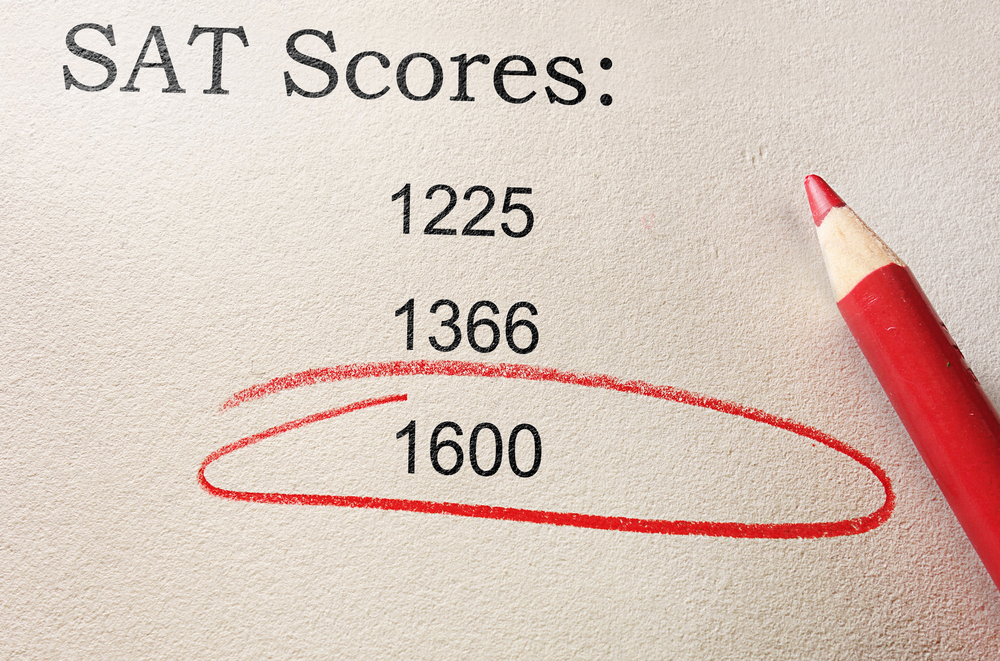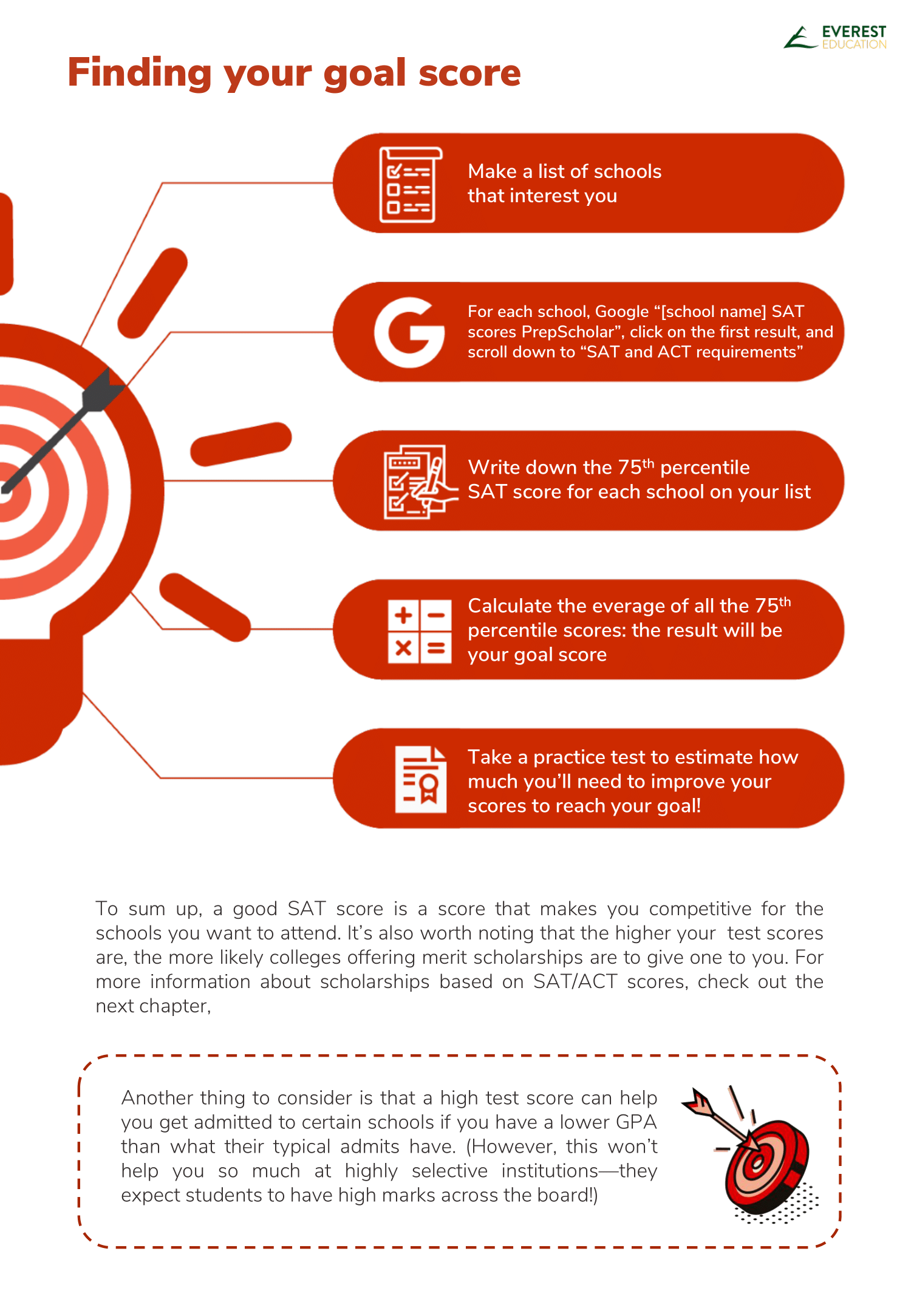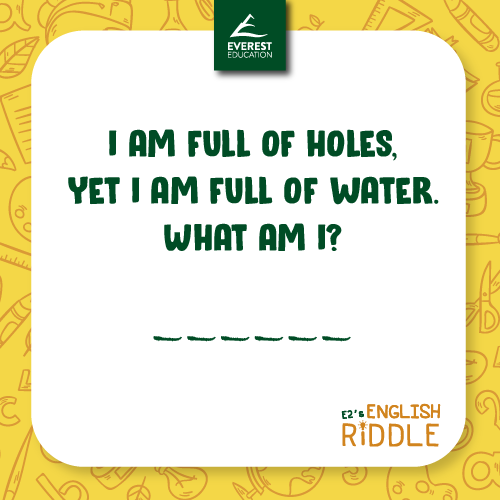Clearly, these are very high standards. In fact, all 75th percentile scores for Ivy League schools are in the 99th percentile nationwide. To be at the top of the Ivy League application pool, you will need to be one of the top 1% of test-takers in the country!
While these SAT/ACT scores for the Ivy League can be used as standard guidelines, everyone has a different target score. This means that you’ll need to know the SAT/ACT score target that’s right for you. But how do you figure this out?
Again, your target SAT/ACT score will be based on the colleges you’re applying to. You’ll need to find the average SAT/ACT scores of admitted students for all the schools you’re interested in attending, specifically their 75th percentile scores. Aiming for the 75th percentile will give you the best chance of getting into all the schools on your list.



 If you’re scoring lower than the 25th percentile on either the SAT or ACT, you’ll have an adamant time getting accepted to an Ivy League school. Unfortunately, you just won’t measure up to all the other highly qualified applicants who have extremely impressive SAT/ACT scores.
If you’re scoring lower than the 25th percentile on either the SAT or ACT, you’ll have an adamant time getting accepted to an Ivy League school. Unfortunately, you just won’t measure up to all the other highly qualified applicants who have extremely impressive SAT/ACT scores.














